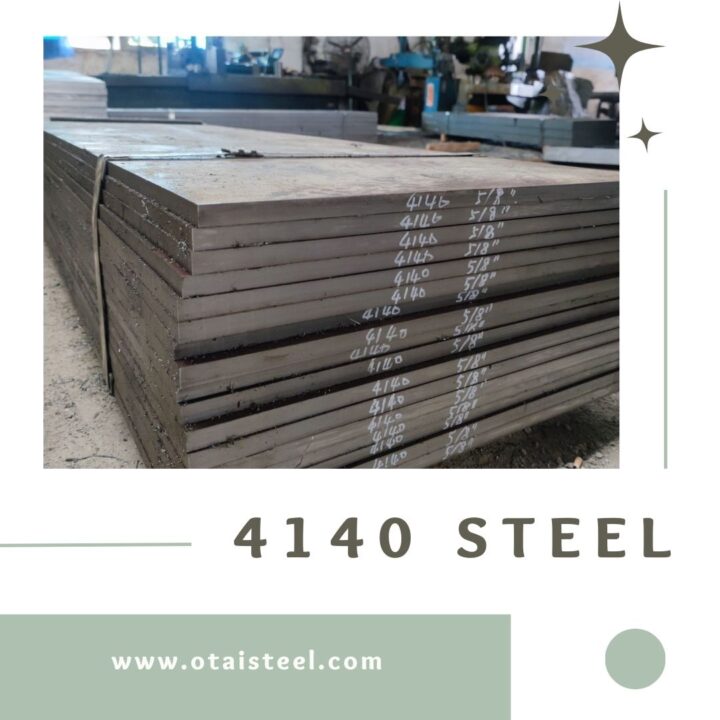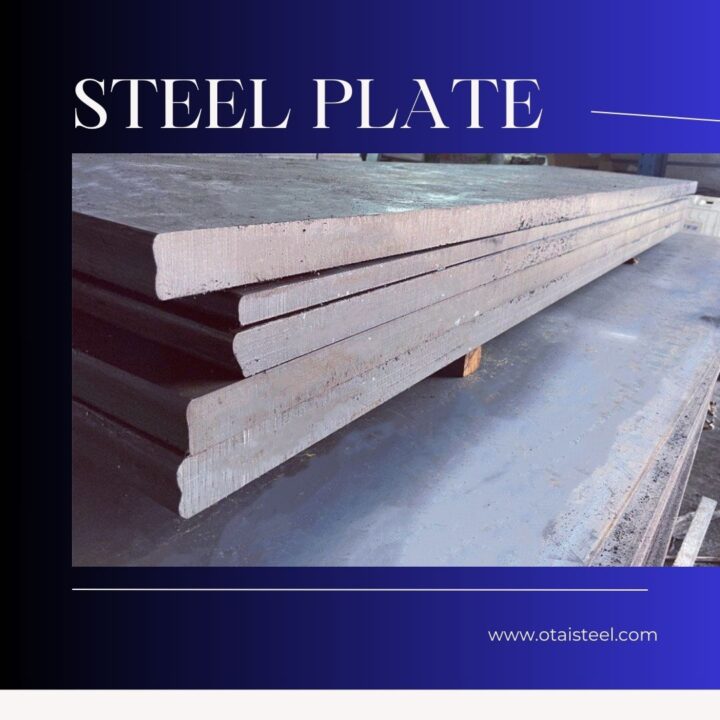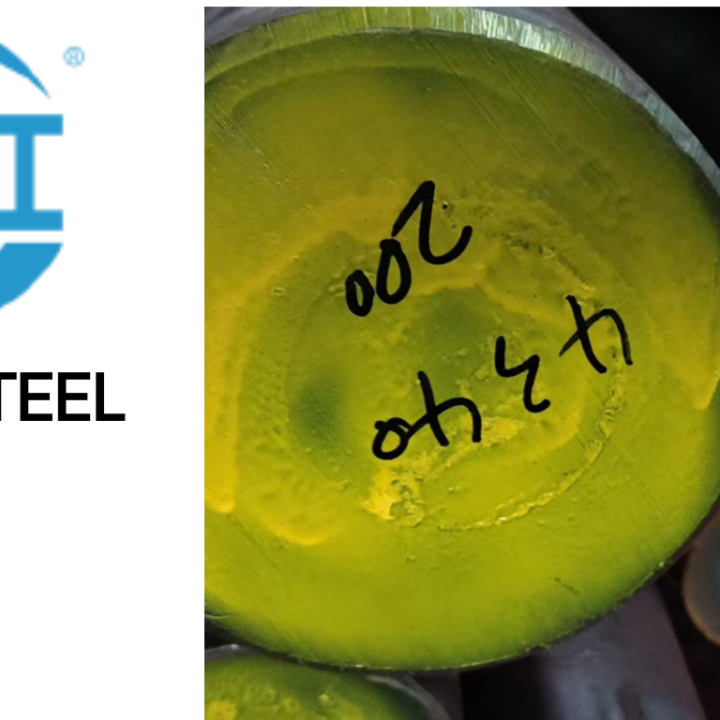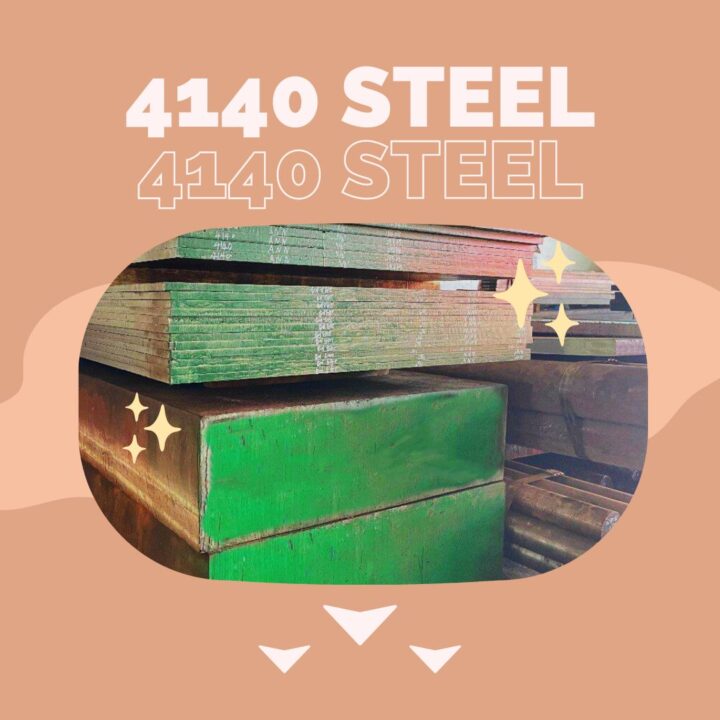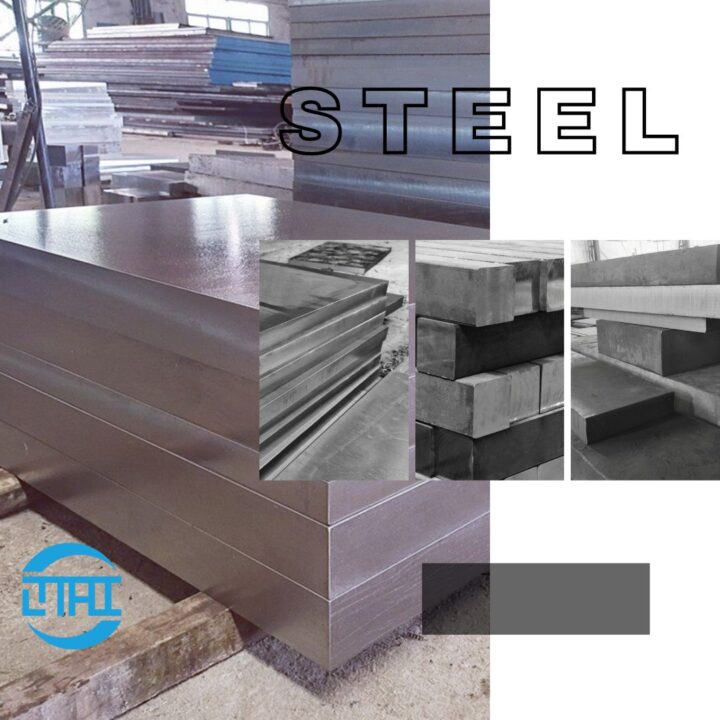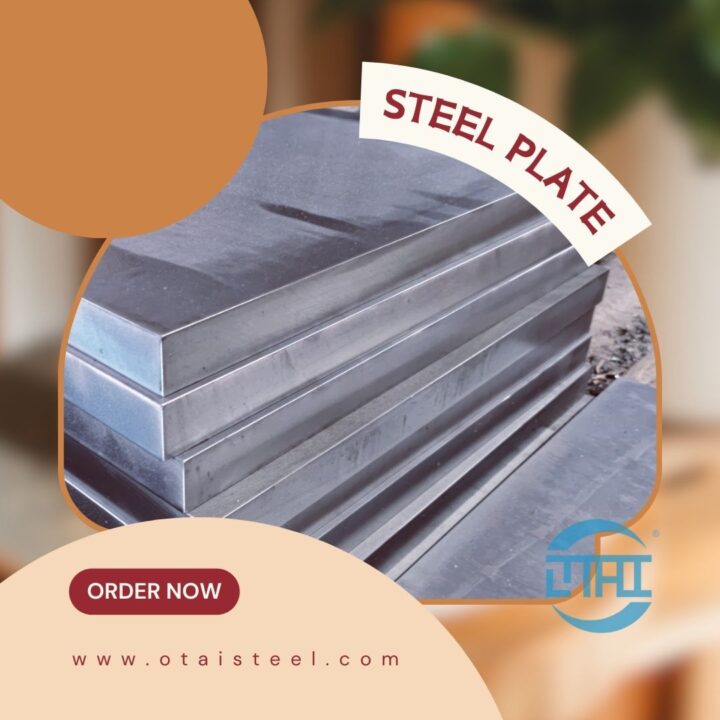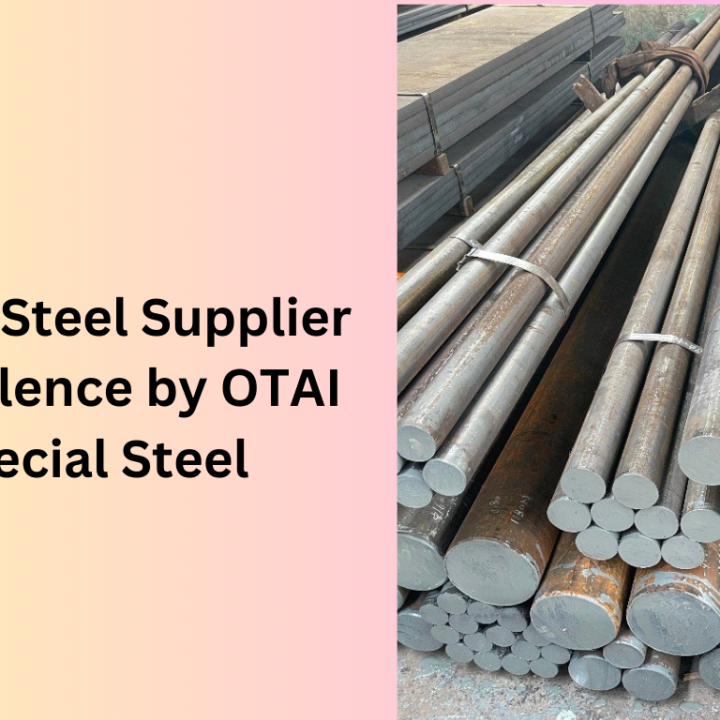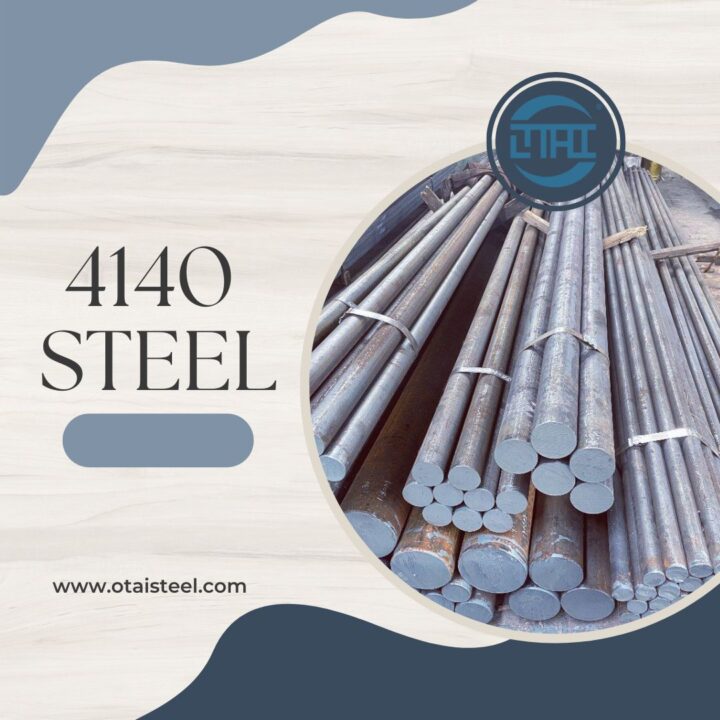In the dynamic world of automotive engineering, achieving excellence requires a fusion of cutting-edge technology and superior materials. Enter 4140 steel, a material that embodies the demands of the automotive industry for strength, precision, and reliability. (4140 Steel in the Automotive Industry)
Unveiling the Power of 4140 Steel: Properties and Composition
Carbon’s Influence: Strength and Hardness
The carbon content in 4140 steel imparts unparalleled strength and hardness. This attribute is a cornerstone for automotive applications where components endure substantial stress and dynamic forces.
Chromium Boost: Corrosion Resistance and Wear Resilience
Chromium’s addition to 4140 steel elevates its corrosion resistance and wear resilience. This dual benefit ensures that automotive components remain durable, even in harsh environmental conditions.
Critical Automotive Applications of 4140 Steel
Crankshafts: Powering Engine Performance
Crankshafts, the heart of an engine, demand materials that can withstand cyclic loading and high rotational speeds. 4140 steel’s exceptional mechanical properties make it a prime choice for crafting crankshafts that deliver optimal engine performance.
Axles and Shafts: Ensuring Reliability and Safety
Automotive axles and shafts are subjected to extreme torsional stress and bending forces. The superior toughness and fatigue resistance of 4140 steel make it a reliable option for ensuring the reliability and safety of these critical components.
The Precision of Machinability: Enhancing Automotive Production
Fine-tuned Machining: Shaping Components with Accuracy
4140 steel’s machinability is a boon to the automotive production process. Manufacturers can precisely shape components, resulting in accurate fits, reduced waste, and streamlined assembly.
Complex Geometries: Pushing Design Boundaries
The machinability of 4140 steel opens avenues for designing intricate and complex automotive components. From innovative suspension systems to finely tuned transmission parts, the possibilities are vast.
Heat Treatment in the Automotive Context
Achieving Optimal Strength and Toughness
Heat treatment techniques like quenching and tempering refine 4140 steel’s properties, achieving the ideal balance between strength and toughness required for automotive components.
Stress Resistance: Crucial for Automotive Demands
Automotive components face varying stress levels, from constant vibrations to sudden impacts. Properly heat-treated 4140 steel can withstand these challenges, ensuring long-lasting performance.
Innovations and Future Prospects
Advanced Alloys: Meeting Evolving Industry Needs
The automotive industry’s evolution calls for materials that align with new design paradigms. Researchers are exploring advanced alloy formulations to enhance 4140 steel’s properties, catering to evolving automotive demands.
Lightweighting Initiatives: Optimizing Efficiency
As the industry embraces lightweighting to enhance fuel efficiency, 4140 steel’s strength-to-weight ratio makes it a valuable asset. Its use contributes to achieving optimal performance without compromising safety.
4140 steel’s significance in the automotive industry extends beyond its mechanical properties; it shapes the very foundation of vehicular innovation. From enhancing engine efficiency to ensuring passenger safety, 4140 steel continues to drive progress in an industry that constantly seeks excellence.
